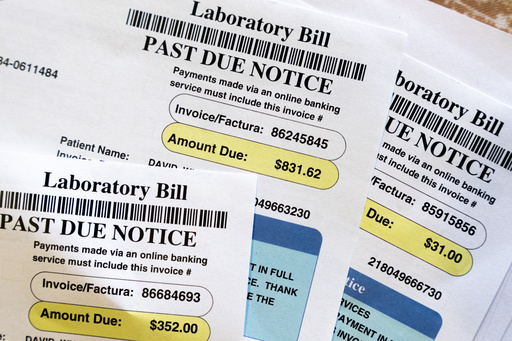Unexpectedly high medical bills are prevalent in the United States, with one in five Americans facing outstanding medical debt, totaling $88 billion, according to the Consumer Financial Protection Bureau. A recent study by the bureau revealed that approximately 20% of U.S. households have medical debt, impacting 43 million credit reports. Furthermore, 58% of bills in collections on credit records were identified as medical bills in the second quarter of 2021.
Notably, medical debt disproportionately affects households, with higher rates among Black and Hispanic individuals compared to white and Asian individuals. The Southern U.S. region experiences more medical debt, partly due to states in that area not expanding Medicaid coverage. It’s crucial for individuals facing unexpected medical bills to explore available options for relief.
Patients can seek charity care as a potential avenue for financial assistance. By inquiring about charity care or a financial assistance policy at the hospital where they received treatment, individuals may qualify for reduced or waived bills based on their household income. Nonprofit organizations like Dollar For offer tools to help patients determine their eligibility for such programs.
Moreover, patients can appeal to the No Surprises Act, which protects individuals with private or marketplace insurance from exorbitant out-of-network charges. By utilizing resources like the Centers for Medicare and Medicaid Services help desk or state consumer assistance programs, individuals can dispute bills that may violate the Act and engage with their insurance company for resolution.
Requesting an itemized bill from healthcare providers is another strategy to address high medical bills. By scrutinizing billing codes for accuracy and comparing charges with insurance company estimates, individuals can identify potential errors or overcharges and seek adjustments accordingly. Persistence is key throughout this process, which may involve contesting bills, appealing to insurance companies, or seeking assistance from state insurance commissioners if necessary.
Ultimately, navigating the complexities of the healthcare billing system can be challenging, but taking proactive steps to address unexpected medical bills can lead to significant savings. By exploring available options for financial assistance, appealing to relevant regulations like the No Surprises Act, and carefully reviewing billing details, individuals can better manage and potentially reduce their medical expenses.


